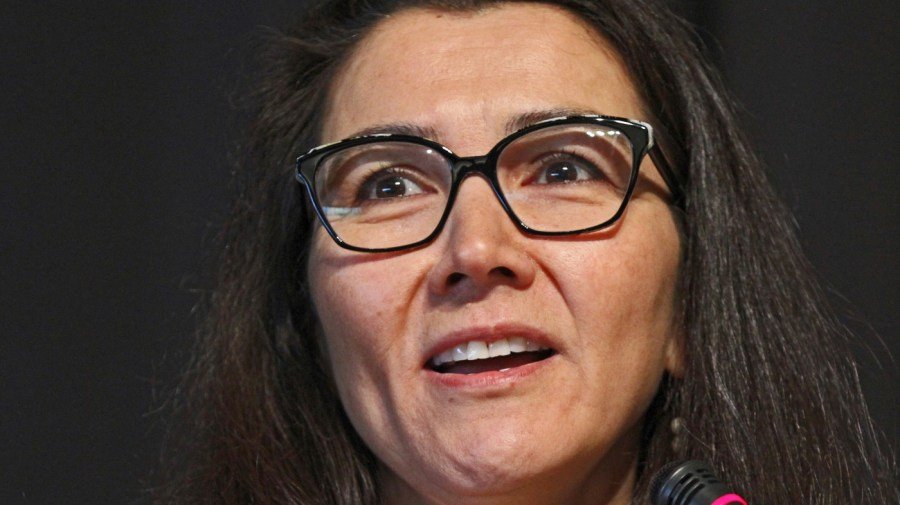
The plane crash that killed the husband of former U.S. Rep. Mary Peltola (D-Alaska) was overloaded with moose meat, according to a Tuesday report from the National Transportation Safety Board (NTSB).
Eugene Peltola Jr. was flying solo almost two years ago in a Piper PA-18-150 small aircraft that was loaded with 117 pounds, measuring 6 percent over its maximum takeoff weight, the agency reported.
“It was so heavy that, even after consuming fuel enroute, the airplane still would have been about 180 lbs over its maximum landing weight upon reaching the destination,” the agency said of the Sept. 23, 2023 crash.
Peltola was transporting meat from St. Mary’s for a group of five hunters after successfully hunting a moose. His first trip was “uneventful,” but the second flight struggled to take off, partially because the animal’s antlers were strapped to the outside of the plane, the NTSB wrote in its report.
Although the practice of carrying antlers externally is common in Alaska, it requires prior approval from the Federal Aviation Administration, as outlined by the NTSB.
“Following the accident, the cargo was examined and weighed, revealing a load of about 520 lbs that consisted primarily of moose meat and the set of antlers. About 150 lbs of meat was found in the forward section of the belly pod; the remaining portions were secured in the rear cabin seating area. The antlers were secured to the inboard side of the right wing strut,” the NTSB said.
“There was no evidence that any of the meat had shifted in flight, and the antlers remained firmly attached to the wing strut and were not interfering with any of the flight control cables,” the agency added.
Investigators found that Peltola’s plane was manufactured 70 years before the accident and underwent multiple major repairs so that almost none of the original airplane existed.
However, the ultimate cause of death was from blunt force injuries. Onlookers rushed to help Peltola after the crash but without extensive medical treatment, authorities said he was unlikely to survive.
“Given the remote location of the accident site, which was about 400 miles from a hospital, and accessible only by air, providing the pilot with prompt medical treatment following the accident was not possible,” the NTSB said.
Peltola had received his commercial license nearly two decades prior to the crash and worked for years at the U.S. Fish and Wildlife Service.


